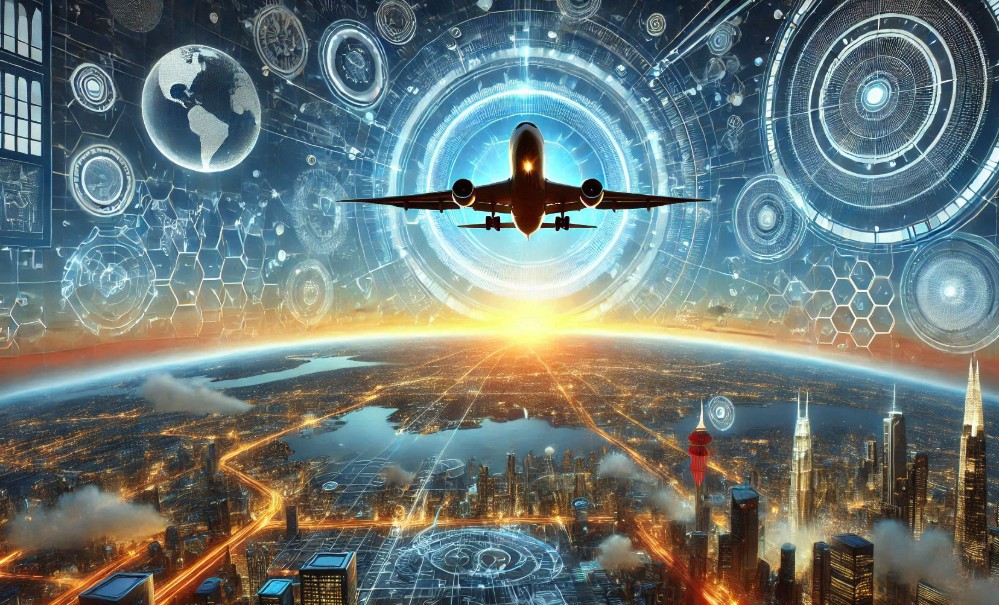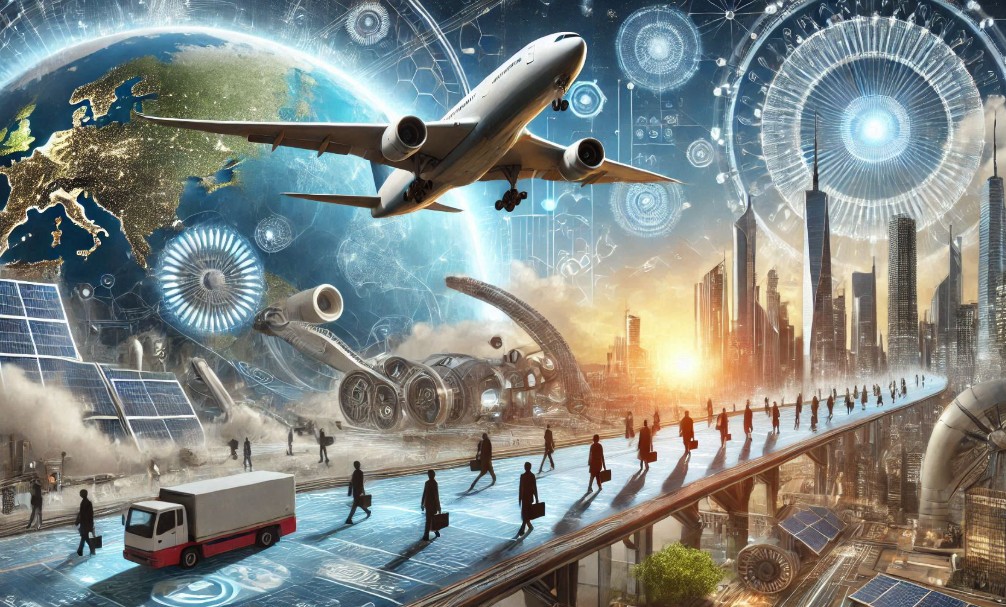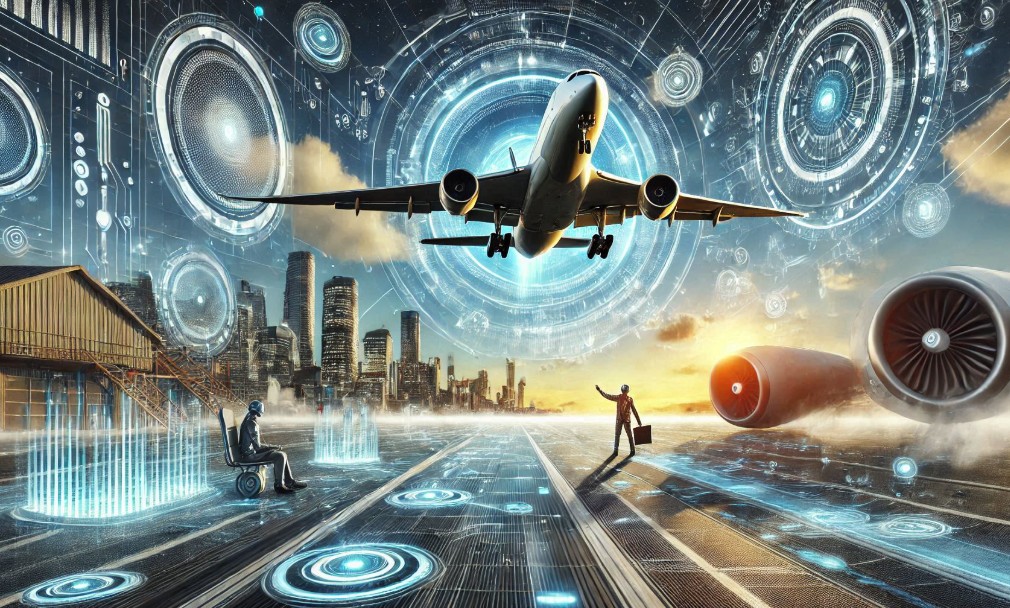The landscape of modern transportation is undergoing a significant transformation, driven by advancements that promise to redefine how we move across distances. New breakthroughs are rapidly evolving, paving the way for more efficient, sustainable, and convenient options. These developments are not just theoretical–they are already being integrated into systems that will reshape the way we think about long-distance travel.
As global demand for faster, safer, and greener solutions continues to grow, a variety of industries are working tirelessly to introduce solutions that improve both efficiency and passenger comfort. Innovations in design, propulsion, and infrastructure are blending to create a dynamic future, where the once-impossible becomes a tangible reality.
What was once considered science fiction is now within reach, offering possibilities that challenge conventional thinking. As these advancements take hold, we can expect to see a new era of mobility that makes travel smoother, safer, and more sustainable than ever before.

Revolutionizing Air Travel with New Tech
In recent years, the landscape of long-distance transportation has been radically transformed by innovative solutions aimed at improving efficiency and sustainability. From faster speeds to enhanced safety features, these advances are redefining the way we experience long journeys. Through the introduction of novel concepts and creative approaches, transportation systems are evolving to meet the demands of a more connected world.
One of the key areas of change lies in the development of new propulsion systems, which aim to reduce environmental impact while increasing speed and fuel efficiency. These innovations are not only making travel more eco-friendly but also reshaping the very nature of how we navigate through vast distances. As new materials and power sources are utilized, engineers are able to create lighter, more powerful, and more efficient vehicles.
Additionally, the passenger experience is being revolutionized by sophisticated systems that focus on comfort, safety, and convenience. From personalized services to advanced in-flight entertainment options, technology is improving every aspect of the journey. Automation and artificial intelligence are also playing a significant role, optimizing scheduling, reducing delays, and ensuring a smoother process from departure to arrival.

Sustainable Innovations in Aviation
The demand for eco-friendly solutions in transportation has never been greater, and the aviation sector is actively pursuing sustainable alternatives to reduce its carbon footprint. A growing focus on minimizing environmental impact has led to the development of more efficient systems that rely on cleaner energy sources and innovative design practices. These advancements are not only changing how the industry operates but are also addressing the global challenge of climate change.
Green Propulsion Systems
One of the most promising developments is the shift toward green propulsion methods. Electric and hybrid-electric engines are being tested as viable alternatives to traditional jet fuel-powered engines. These systems offer the potential to drastically reduce emissions, particularly for short-haul flights, which are responsible for a significant portion of the industry's carbon output. By relying on renewable energy, these systems aim to make aviation cleaner and more sustainable.
Eco-Friendly Materials and Designs
In addition to propulsion advancements, sustainable materials are also playing a crucial role in transforming the industry. Lighter, stronger composites are replacing traditional metals, leading to more fuel-efficient aircraft. Manufacturers are also adopting circular economy principles, designing components that can be recycled or reused, reducing waste and resource consumption. These efforts are crucial for building a more sustainable future for aviation.

Enhancing Passenger Experience through Technology
Advancements in modern systems have led to significant improvements in the overall passenger journey, making it more enjoyable, efficient, and personalized. Innovations are transforming every aspect of the experience, from booking and boarding to in-flight services and arrival procedures. As a result, travelers can now expect smoother, more convenient, and customized services that cater to their individual needs.
Personalized Services and Automation
Automation and artificial intelligence are becoming central to delivering tailored experiences for passengers. From check-in kiosks to virtual assistants, these technologies provide faster and more convenient interactions, reducing wait times and improving overall satisfaction. Additionally, AI-powered systems can offer personalized recommendations based on passenger preferences, making the journey more comfortable and efficient.
In-Flight Comfort and Connectivity
In-flight amenities are also being revolutionized by technological advancements. Modern aircraft are equipped with high-speed internet connectivity, allowing passengers to stay connected during the flight. Enhanced entertainment options, including on-demand content and interactive features, offer a more engaging experience. Furthermore, smart cabin designs ensure greater comfort by adjusting lighting, temperature, and seating based on individual preferences, making long journeys more pleasant.
